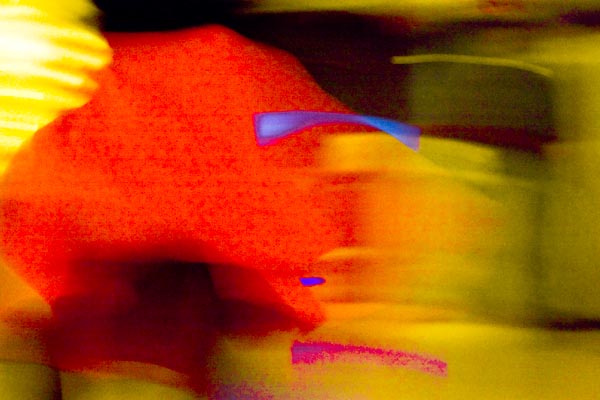To people in Rhode Island, Monday, August 9, 2010 is a day to celebrate Victory and the end of World War II. Sixty-five years ago today, the US dropped a second atomic bomb on an enemy civilian target over Nagasaki, Japan. Japan surrendered and the world was at peace. The hyperlink referenced in the first sentence notes, “There have been many arguments and debates concerning the nature and name of this holiday.”
And no wonder.
Back in 1945, from what I can tell (not having been around then myself), the world was in turmoil staking out territory. Japan wanted more, the US wanted to keep what it had, Germany wanted more. It was a terrible time. But, perhaps most significantly, people of different races really believed other races were other.
Now, living in a multi-cultural city like Vancouver, it’s almost nonsensical to think of war in terms of race. In Vancouver, when we eat out, more often than not, we are dining with people from other countries and other nationalities. I’ll never forget the moment, some years ago, I was enjoying falafel at a Middle Eastern restaurant in the heart of downtown.
There were Israeli’s, Palestinians, others from the middle-east and myself (a Jewish white-hybrid), all talking and munching. The owner and I spoke about the miracle we could be here happily sharing food in the same space, whilst, fighting was still going on between these same peoples on the other side of the world.
Capping off three weeks of nuclear movies, (commemorating the space between July 16 and August 9), last night I watched White Light/Black Rain (2007). The title refers to the fearsome white light of the atomic bomb and the radioactive black rain following the atomic bomb blasts in Hiroshima and Nagasaki.
Opening shots show the cities in full color as they are today — vibrant. An elder woman faces us the viewer, standing quite still in the mall, as young people stream by on either side. A small black & white photo in her hands shows us how she was long ago, as a young girl. We meet more survivors. The story each survivor tells is mingled with the others in a way enriching all of them.
Archival footage adds context and meaning. Ultimately, the suffering endured is a testament, as one of the woman survivors says, to the courage to live.
I would like to dedicate this poem, which came from a meditation experience I had at a private peace ceremony on Hiroshima Day, a few days ago, to her and to all of us who have the courage to live:
An Enduring Passion to Be
O little girl in the white dress, where are you running? So fast from one house to the next, calling,
It’s safe to come out now. The colors are coming back!
Are you shouting your joy? I don’t understand! I don’t believe you! Show me!
Suddenly, colors fill the view.
Vastness of Buddha, red and orange, reaches from earth to sky.
I see it.
Now green. Lush forests, filled with moisture, bring hints of a Rinpoche,
our human, compassionate wisdom.
Happy and light, yellow gives us a smile, so wide, spilling over the edges.
Blue is a river running. No — it’s a mountain, covered with clean white snow, reaching high to the heavens. Then down
deep to the forest, healthy, rich humus brown earth moist tree bark and ferns.
See the ocean is too murky, a little seahorse appears, disappears in the murk and reemerges again. Grant us strength in our journeys little seahorse, power and peace.



 Twitter
Twitter